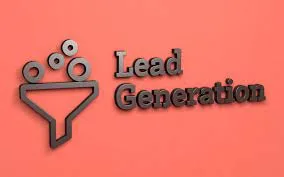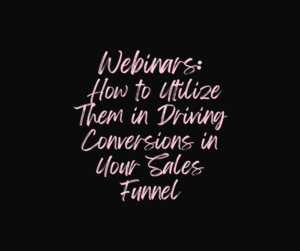In today’s digital age, having a strong online presence is crucial for the success of any business. Your website is often the first point of contact for potential customers, and it needs to not only be informative and user-friendly but also rank well on search engines. This is where Search Engine Optimization (SEO) comes into play. In our ongoing SEO Bootcamp series, we’ve covered various aspects of SEO, from keyword research to on-page optimization. In this installment, we’ll delve into the world of link building and explore how it can significantly impact your website’s authority and search engine rankings.
Understanding the Importance of Backlinks
Before we dive into the strategies for effective link building, let’s first understand what backlinks are and why they matter in SEO. Backlinks, also known as inbound links or incoming links, are hyperlinks from one website to another. They serve as a form of endorsement or vote of confidence from one site to another. When a reputable website links to your content, it sends a signal to search engines that your content is valuable and trustworthy.
Search engines like Google consider backlinks as one of the key ranking factors. The more high-quality and relevant backlinks your website has, the more authority it gains in the eyes of search engines. This, in turn, can lead to higher search engine rankings, increased organic traffic, and better visibility for your business.

Strategies for Effective Link Building
Building quality backlinks is not about quantity but rather about the quality and relevance of the links. Here are some proven strategies to help you kickstart your link-building efforts:
1. Create Outstanding Content
The foundation of successful link building is exceptional content. When you produce high-quality, informative, and engaging content, other websites are more likely to link to it naturally. Aim to become a go-to resource in your industry, offering unique insights and valuable information.
2. Guest Blogging
Guest blogging involves writing content for other websites within your niche. In exchange, you can include a link back to your site in the author bio or content. Look for reputable websites that accept guest contributions and ensure that your guest posts provide genuine value to their readers.
3. Broken Link Building
Identify websites in your industry that have broken links, and offer to replace those broken links with links to relevant content on your site. This mutually beneficial approach can help you earn new backlinks while helping website owners fix issues on their sites.
4. Influencer Outreach
Collaborating with influencers in your industry can be a powerful link-building strategy. When influencers mention your content or products on their platforms, it can result in valuable backlinks and increased exposure.
5. Social Media Promotion
Share your content on social media platforms to increase its visibility. While social media shares themselves aren’t direct backlinks, they can lead to increased engagement, and others may link to your content after discovering it on social media.
6. Internal Linking
Don’t forget the importance of internal links within your own website. Properly interlinking your content can improve user experience and help search engines crawl and index your site more effectively.
Monitoring and Maintaining Your Backlinks
Once you’ve started building backlinks, it’s essential to monitor and maintain them. Regularly check the status of your backlinks to ensure they are still active and pointing to the correct pages on your site. Additionally, keep an eye out for any toxic or spammy backlinks and disavow them to maintain a healthy link profile.
In conclusion, link building is a vital component of SEO that can significantly impact your website’s authority and search engine rankings. By implementing effective link-building strategies and consistently creating valuable content, you can enhance your online presence and drive organic traffic to your website.
Stay tuned for the next installment of our SEO Bootcamp series, where we’ll continue to explore advanced SEO techniques to help you optimize your website and improve your digital visibility. Remember, SEO is an ongoing process, and continuous efforts will yield long-term benefits for your business.















